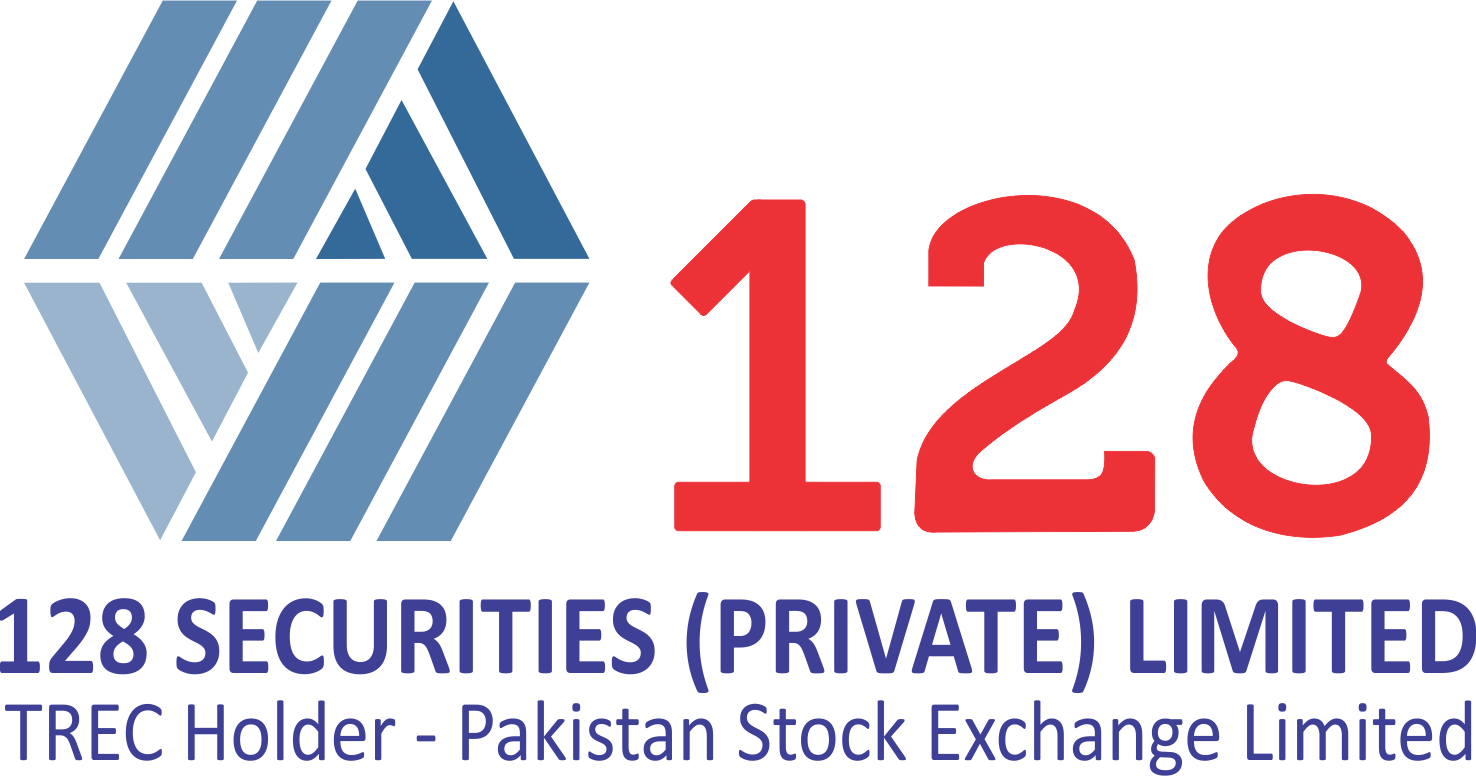FAQ's
In order to buy shares of stock, you need a stockbroker to help you with the transaction. A stock broker is the link between you and the stock exchange.
Click here to download our account opening form. You can also acquire this form from one of our offices. After filling out the form (instructions included), please submit it to a branch office where you want to operate your account.
The minimum account size should be PKR 50,000 (fifty thousand).
Your funds are with 128 Securities (Pvt.) Ltd. and are reflected in your account statements.
Yes. You may authorize someone else. This is covered in our account opening form.
As soon as your cheque/cash is credited to your account, you may start trading. A relationship manager will be assigned to take care of your orders.
In general, and in keeping with our overall long-term buy-and-hold philosophy, there are only two terms you need to know: “buy” and “sell.” Sound simple enough? It is, and it really need not be any more complex than that. You buy a stock because you think it’s a great long-term prospect, and you only sell it when you either need the money or feel that there is a better place to put that money.
However, there are different types of orders. If only to let you know about them so that you’re not bombarded by the terminology when someone flings it at you, let’s look at the major types of orders:
Buy order. The order you place when, obviously enough, you want to buy shares. Simply tell your relationship manager how many shares you want to purchase. There are several types of buy orders.
Buy at market. You instruct the broker to buy a specified number of shares at the prevailing market price.
Buy at a limit. You instruct the broker to buy a specified number of shares, but only at a specified price or lower. For example, you might say: “Buy 1000 shares of National Bank Limited at a limit of Rs.223”. In this case, you are only willing to purchase shares of National Bank Limited if you can do so at Rs.223 or less.
Sell order. An order you place when you want to sell shares.
Sell at market. An order to sell your shares at the prevailing market price.
Sell at a limit. An order to sell your shares only at the price that you specify or higher.
Sell at a stop loss. You instruct your broker to sell your stock if it falls to a certain price. For example, you buy Lucky Cement at Rs.108 and you instruct your broker to sell if it falls to Rs.104. This would be a Stop Loss at Rs.104.
You are advised to send us payment against your delivery by the end of the market session on the same day or at maximum by 11 AM the next day.
According to the T + 2 system LSE is liable to pay us on the fourth day after the transaction takes place. Since we get paid on the fourth day, payment to the client is made on the fifth day.
Risk is part of investing. It is the price you pay for a potential reward. The greater the risk, the greater the potential reward should be. Every investor needs to find the level of risk that is comfortable, but is enough of a reach to achieve their goals. Investors need to correctly identify the risk of a particular stock so they can determine if the potential reward is worth the chance of loss. You will need to be in constant touch with your relationship manager so that he or she can advise you about your risk management techniques.
A company may distribute its profit earnings amongst its share holders and this can be done in a number of ways”
A rights share is an issuance of new shares to existing shareholders. These are not free however they are usually below the current market price. Issuance of these new shares to existing shareholders is known as Right shares
Bonus shares are free shares of stock given to current shareholders, based upon the number of shares that a shareholder owns.
Dividends are the distribution of a portion of a company’s earnings, decided by the board of directors, to a class of its shareholders. The dividend is most often quoted in terms of the currency amount each share receives (dividends per share). It can also be quoted in terms of a percent of the current market price, referred to as dividend yield.
No there are no hidden charges or fees other than low commission except for CVT, WHT and government charges.
